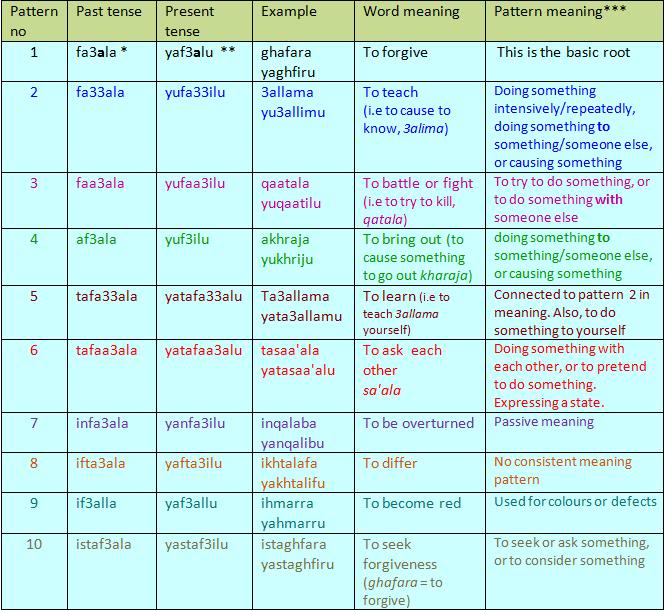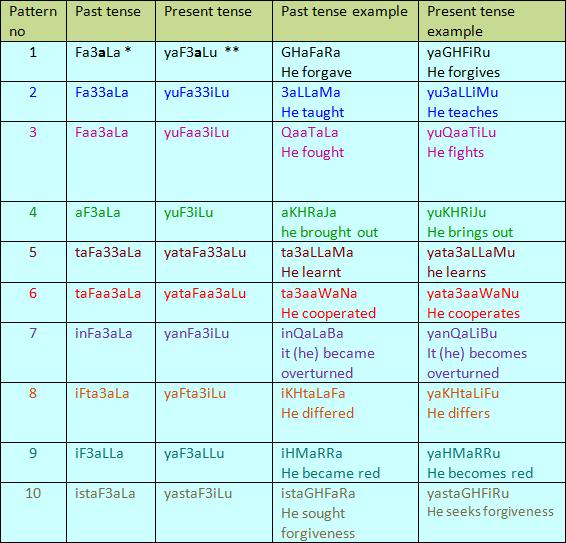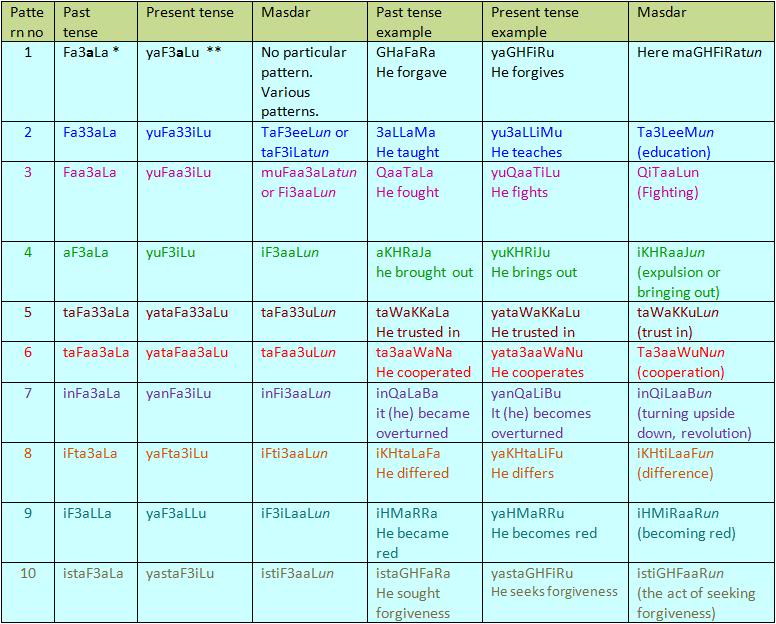Assalamun alaikum
I wanted to know:-
na-sa-ra = he helped
as-la-mu (hamzah,sin,lan and mim) = he submitted
How can 'aslamu' be past tense when all the ending of past tense are at the end of the word. There is an hamzah at the begining of 'aslamu'..
Is aslamu a pre-fixed word like nasara...
What i want to know how come there is a hamzah in 'aslamu' shouldnt it be salamu (he submitted)
is as-la-mu and sa-la- mu to different words
I wanted to know:-
na-sa-ra = he helped
as-la-mu (hamzah,sin,lan and mim) = he submitted
How can 'aslamu' be past tense when all the ending of past tense are at the end of the word. There is an hamzah at the begining of 'aslamu'..
Is aslamu a pre-fixed word like nasara...
What i want to know how come there is a hamzah in 'aslamu' shouldnt it be salamu (he submitted)
is as-la-mu and sa-la- mu to different words
Last edited:




